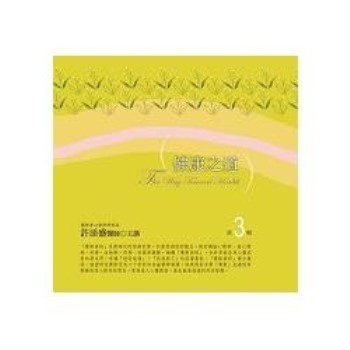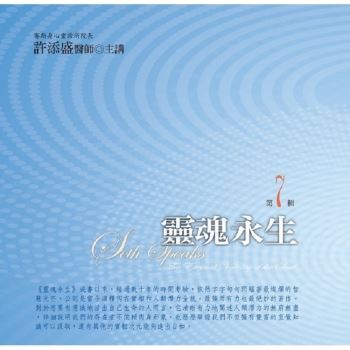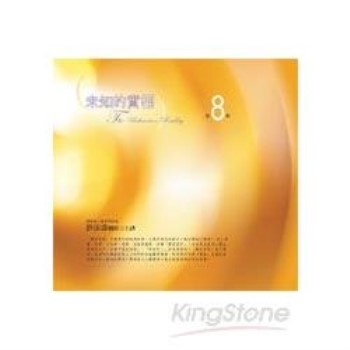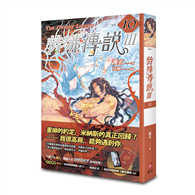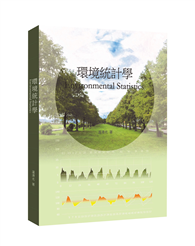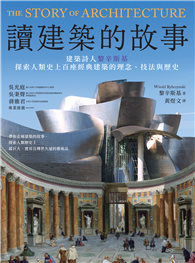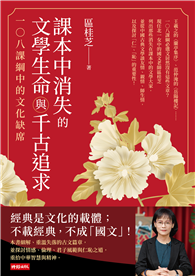Marie Tudor Garland - Songs For Women & Other Verses Public Domain Poets #9 Publicdomainpoets.com Selections from Marie Tudor Garland’s ’The Potter’s Clay’ (1917), ’The Winged Spirit’ (1918), and ’The Marriage Feast’ (1920), never before anthologised. New edition designed, edited, and selected by Dick Whyte. The sun is low, Shadows from the trees beyond the trail Across the meadow, - The closing of another day. And life still beyond the hills. Marie Tudor (1870-1945) was the great-granddaughter of Judge William Tudor, State Senator and Secretary of the Commonwealth of Massachusetts, and granddaughter of Frederic Tudor, Boston’s ’Ice King’ and founder of the Tudor Ice Company. While from a conservative wealthy family, she was educated at Radclife College, a liberal women’s arts college, and local newspapers once described her as a "not so proper Bostonian." When dawn came Fleecy clouds caught the sunrise, Nature, dripping from last night’s rain, Sparkled in the sunlight. Everything in me hungered for life. Garland began publishing experimental ’free verse’ in the late-1910s, and moved to Santa Fe, where she was known for hosting "wild parties" at the Swan Lake Ranch, attended by the likes of Georgia O’Keefe and D.H. Lawrence. Kahlil Gibran also stayed with her in 1918, and reportedly had a ’glorious time’. Love which holds back Something in reserve Will never know The joy of giving, The joy of constant death. Garland was also a committed feminist, and in 1920 attended the Eighth Congress of the International Women’s Sufrage Alliance, writing that "it seemed to hold more hope for the world than any international gathering in history." After the death of her first husband, Garland married numerous times, and adopted more than 20 children over her life. The love I loved you with Is God. Public Domain Press is dedicated to producing contemporary editions of out-of-print poets and poetry collections, particularly with regard to compressed and fragmented ’free verse’ from the late-1800s and early-1900s. All poems start as facsimiles - to preserve the original fonts - which are then cleaned up, edited for consistency, and spaciously laid-out, adorned with borders, illustrations, and ornaments from the books and magazines they originally appeared in. These are not "reprints" of previously existing books, but newly crafted collection, lovingly edited from public domain material, for the serious poetry lover.
| FindBook |
|
有 1 項符合
tudor garland的圖書 |
 |
$ 824 | Marie Tudor Garland - Songs for Women & Other Verses
作者:Tudor Garland 出版社:Public Domain Press 出版日期:2022-10-19 語言:英文 規格:平裝 / 148頁 / 21.01 x 14.81 x 0.86 cm / 普通級/ 初版  看圖書介紹 看圖書介紹
|
|
|
圖書介紹 - 資料來源:博客來 評分:
圖書名稱:Marie Tudor Garland - Songs for Women & Other Verses
|
